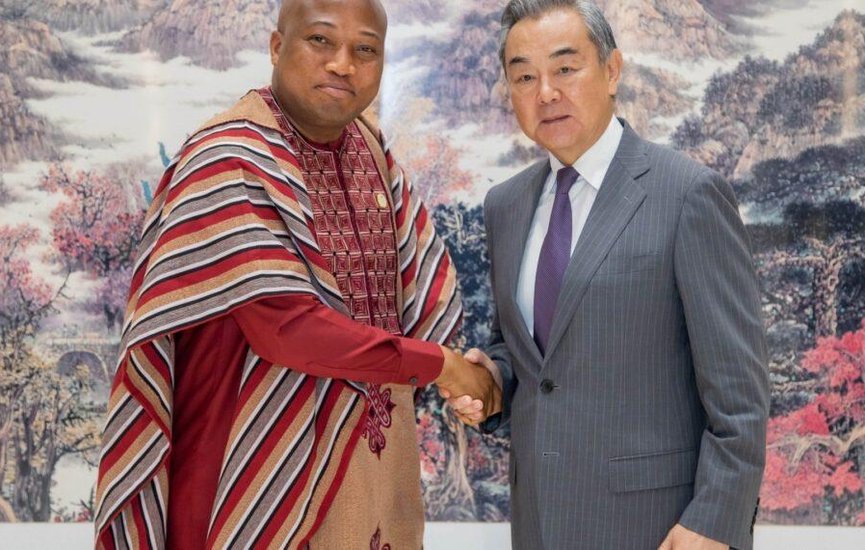Ghana and China are deepening their diplomatic and economic partnership with a renewed focus on trade, investment, and industrial development. Ghana’s Foreign Minister, Samuel Okudzeto Ablakwa, recently emphasized the strategic importance of this collaboration, highlighting a shift from traditional aid-based relations to mutually beneficial economic engagement. Central to this evolving relationship is Ghana’s inclusion in China’s zero-tariff access program, which allows a wide range of African exports to enter Chinese markets duty-free. This move is expected to significantly boost Ghanaian producers, particularly in agriculture and manufacturing, by opening new avenues for international trade and revenue generation.
Beyond trade, the partnership is expanding into transformative industrial projects. Plans are underway to establish electric vehicle assembly plants in Ghana, a bold step toward positioning the country as a hub for sustainable automotive production in West Africa. Additionally, both nations are working on developing a comprehensive bauxite-to-aluminum value chain, which would enable Ghana to harness its natural resources more effectively and add value through local processing. These initiatives reflect a broader vision of industrial self-sufficiency and technological advancement, aligning with Ghana’s long-term development goals.
Another milestone in the cooperation is the proposed launch of direct flights between Ghana and major Chinese cities. This initiative aims to strengthen connectivity, facilitate business travel, and promote tourism between the two countries. Improved air links are expected to enhance bilateral exchanges and foster deeper cultural and commercial ties. Ablakwa praised Chinese investors for their active role in Ghana’s infrastructure development, noting that their contributions have been instrumental in modernizing roads, energy systems, and public facilities across the country.
The evolving Ghana-China relationship signals a new era of strategic collaboration rooted in shared interests and forward-looking policies. As both nations continue to invest in each other’s growth, the partnership stands as a model for how African countries can engage global powers on equitable terms. With trade, investment, and innovation at the core, Ghana is positioning itself not just as a beneficiary, but as a proactive player in shaping its economic destiny.
